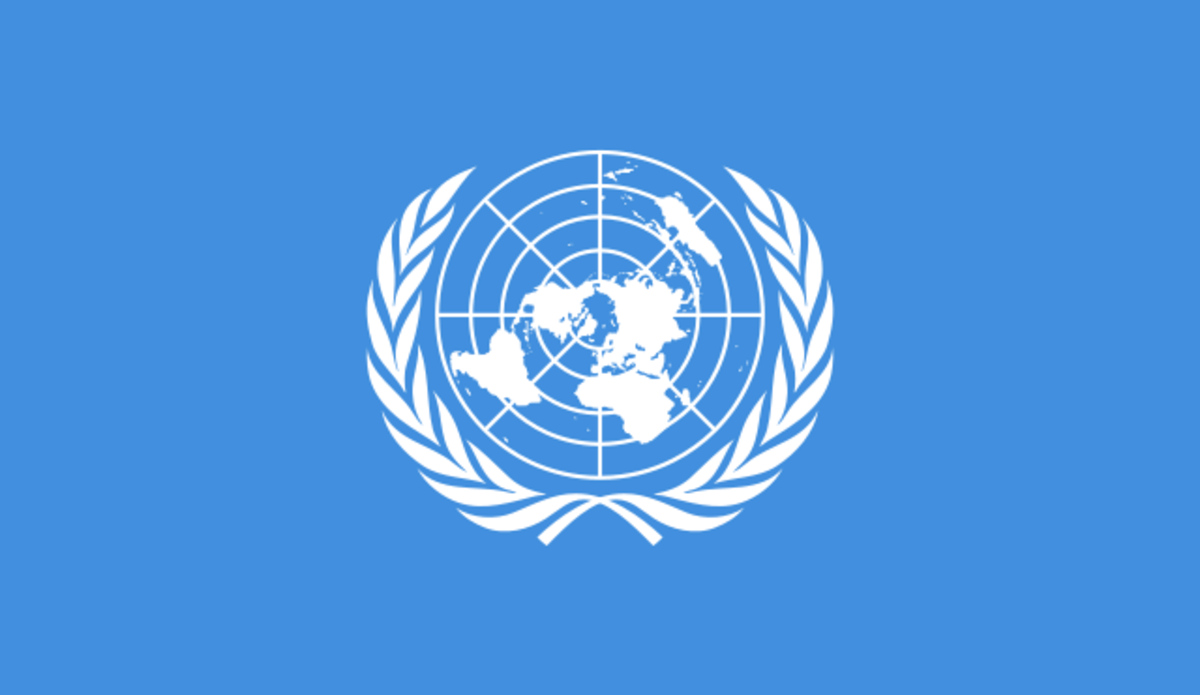Keynote speech by the UN Special Envoy Hans Grundberg at the Yemen International Forum, The Hague, The Netherlands
Sabah El Kheir. It’s my pleasure to really to be here. I saw quite a number of you yesterday afternoon. I’m sorry I could not be with you due to the conflict in schedules. Due to a sudden change in the agenda of the Security Council, I was forced to participate in the Security Council yesterday, but thankfully I could do it from here which I’m grateful for from one of the UN offices that are here and that also allowed me to come to The Hague which otherwise would have been an issue and that has now give me the possibility to be with you and to engage. Now let me come over to the more formal way. I’m going to deliver opening remarks to you and try to help all of us to use the upcoming days to the best of our ability and to continue the important work that we all do for the sake of Yemen.
So Dear excellencies, ladies and gentlemen, first obviously, I would like to thank the Sana’a Center for organizing the Yemen International Forum and bringing us all together, including I think around or over two hundred Yemeni colleagues, travelling from Yemen and many other parts of the world, to work together on a joint vision for peace. And I would also like to extend my gratitude to the Government of the Netherlands for hosting the second edition of the Yemen International Forum. And also once again my apologies for not having been able to join you for the official opening yesterday as I was due to brief the UN Security Council.
Yemen’s war is nearly a decade old and throughout this long period of almost uninterrupted violence, the Yemeni people have suffered immensely. Many of you here today have lost loved ones as a direct or indirect consequence of the war. And many of you are also living outside of Yemen, far away from your family and friends, because you no longer feel safe in Yemen. So, the humanitarian suffering is severe as Yemen continues to be a humanitarian crisis of immense proportions with over 21 million people in need of assistance.
During the first Yemen International Forum, in Stockholm in June last year, the parties had just agreed to renew the truce for the first time. This truce marked a break with a prolonged escalatory cycle of violence and significantly decreased violent clashes and civilian casualties. As such, it has provided a window of relative calm in which the parties can consider a more peaceful future. And it has allowed additional positive steps to be taken. One example is the release earlier this year of approximately 900 conflict-related detainees, which is evidence of what can be achieved when the parties engage cooperatively in peaceful negotiations. The start of the operation to remove the oil from the decaying oil-storage facility, FSO SAFER, averting the threat of an ecological crisis of immense proportions, is another welcome step. The recent increase in commercial flights between Sana’a and Amman is a positive development that contributes to lifting barriers on freedom of movement.
However, and as you are all here are well aware, while the parties have taken some steps forward, they have unfortunately also taken steps backward. Economic warfare has intensified. Economic escalatory measures and countermeasures taken by the parties have further damaged Yemen’s already struggling economy, with, as we all know, devastating effects for the Yemeni people. Also, and despite the de facto truce, we have witnessed destabilizing incidents along the front lines, albeit at lower levels than before the truce. And as of late, we have seen an uptick in public rhetoric threatening large-scale escalation. Ladies and gentlemen, these developments serve as a stark reminder of how fragile the recent’s year’s gains are if there isn’t progress on a political process aimed at achieving a sustainable, inclusive, and just peace.
We are all aware that the road to peace is going to be long and difficult. It requires a gradual approach as distrust between the parties runs deep. My Office, supported by international partners and regional dialogue efforts involving the Kingdom of Saudi Arabia and the Sultanate of Oman, continues to engage with all parties to come to an agreement on a sustainable, nationwide ceasefire, a set of economic and confidence building measures to improve the lives of the Yemeni people, and the resumption of a Yemen-led political process. Nine years of war, and with all the pain and misery that it has brought, underline the need for necessary and difficult compromises to be made, in order for this conflict to come to a negotiated end. All parties need to shift from a zero-sum mindset. They need to prioritize the Yemeni population as a whole. It takes courage to be responsible.
The focus of my mediation efforts remains on starting a political process by providing a platform for Yemeni-owned negotiations and decision-making to reach a comprehensive solution to the conflict. A solution that meets the aspirations voiced by Yemenis for over a decade now: a sustainable, just and inclusive peace. Such a peace can only be achieved if diverse segments of Yemeni society, from all parts of the country, take part in the political process with the full and meaningful participation of Yemeni women and youth. Such a peace also requires that Yemenis have the space to address underlying root causes of conflict and grievances to break the cycle of violence.
Many of you who are here today can play a central role in moving Yemen along that path of peace. The Forum’s agenda this year tackles building an inclusive peace, the revitalization of Yemen’s economy, justice and reconciliation, and the meaningful inclusion of youth and women, among a number of other important issues. The breadth of the agenda demonstrates the challenges we have ahead, but it is clear that you have the capacity, you have the commitment, and the conviction to address these challenges. I have deep respect for those of you who are dedicating your lives to finding solutions that lead to a more a peaceful and prosperous Yemen. That is why I, again, want to commend Sana’a Center and the Government of the Netherlands for bringing us together in The Hague, an international city of peace and justice, to work towards an inclusive vision for peace in Yemen. I hope that this vision will inspire the parties to imagine a future for Yemen that is not violent, but peaceful. A future that respects and indeed capitalizes on the country’s rich diversity. A Yemen that upholds democracy, freedom, rule of law and good and accountable governance. A Yemen in which women and men enjoy the full spectrum of their social, economic, cultural, civil and political rights. A sovereign and prosperous Yemen which is at peace with its neighbors.
Dear excellencies, ladies and gentlemen, as I started in the beginning, the conflict in Yemen is almost a decade old. And now let us all work together to ensure that we will not see Yemen entering into a second decade of this conflict. Let us support Yemen along the path to reaching an inclusive, comprehensive, sustainable and just agreement under the United Nations auspices. Let us use forums such as these to put political discourse and debate at the core of our efforts to resolve differences and define Yemen’s future. With this, I wish you truly and from the bottom of my heart, a successful Yemen International Forum. And I would like in advance to thank you and I’m looking forward for the questions and the discussions that we will have following this.
Thank you so much.
 UN
UN







